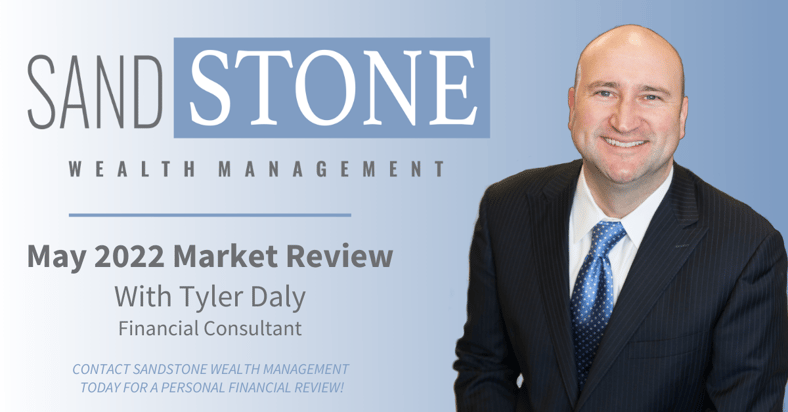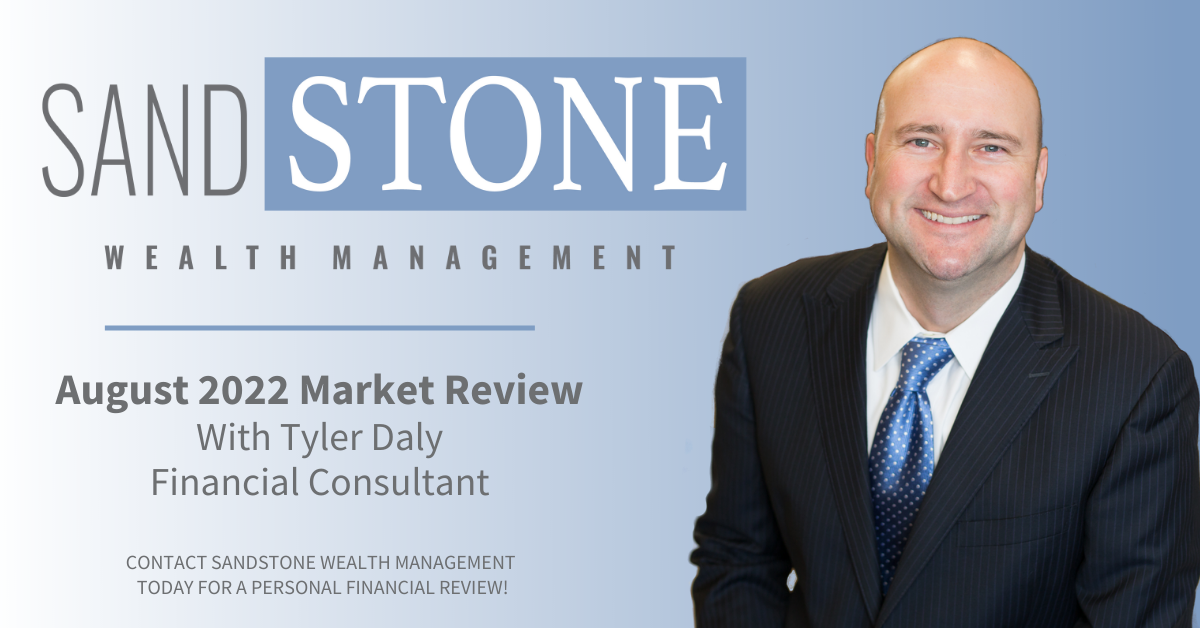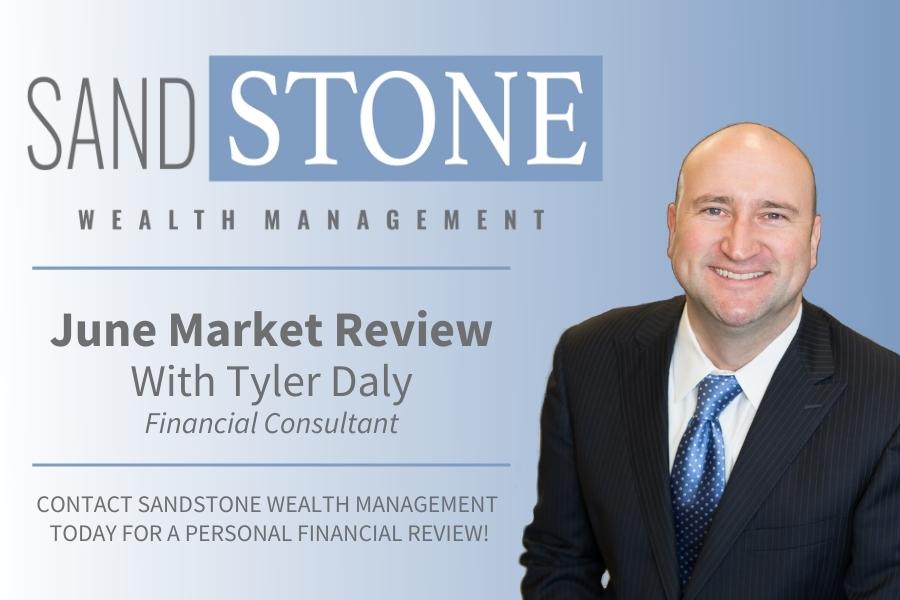 The bull market that began in March of 2020 came dangerously close to an end. From March 23, 2020 through January 3, 2022, the S&P 500 Index gained 114% (excluding dividends). From that January 3 closing high through the recent low on May 19, the S&P 500 fell nearly 19%, narrowly avoiding the level at which bull markets end and bear markets begin.
The bull market that began in March of 2020 came dangerously close to an end. From March 23, 2020 through January 3, 2022, the S&P 500 Index gained 114% (excluding dividends). From that January 3 closing high through the recent low on May 19, the S&P 500 fell nearly 19%, narrowly avoiding the level at which bull markets end and bear markets begin.
While we wait uncomfortably to see if the S&P 500 can hold its recent lows, it is somewhat reassuring to know that bear markets that are not accompanied by recessions tend to be milder:
- Bear markets without recessions tend to last an average of about seven months, and we’re already five months into it.
- The only bear markets that took more than 46 days to bottom after the initial 20% decline were associated with recessions—1970, 1973, 1982, 2001, and 2008.
- Bear markets not accompanied by recessions have historically experienced smaller declines, losing an average of 24%.
- Five of the past six non-recessionary bear markets saw the S&P 500 lose 22% or less.
Bottom line, if the U.S. economy is able to avoid recession over the next 12 to 18 months—as we expect—then this selloff may be over soon and stocks could potentially make a run at their previous highs by year-end.
That doesn’t take away from the increasingly challenging environment consumers and businesses are facing as sky-high inflation shows few signs of relenting. Recession risk is rising, increasing the chances of a larger decline—the average recessionary bear market decline is 34.8%. The Federal Reserve has taken away the punchbowl, giving markets a hangover. The cure is lower inflation, but it will take time.
Those who believe this environment is like the 1970s, 2000-2002, or 2008-2009, may want to consider more defensive positioning of portfolios. Those are the types of environments where some companies don’t survive. But if the economy stabilizes as the Fed hikes rates to tame inflation—the so-called “soft-ish landing” Fed Chair Powell aspires to achieve—then the best path forward may be to ride this out. Market timing is hard. The sharpest rallies tend to come during bear markets and are costly to miss for long-term investors.
Investors are anxious right now and understandably so. Legendary investor Warren Buffett tells us that situations like that are an opportunity to be greedy, not fearful. Sir John Templeton, another legendary investor, tells us bull markets are born on pessimism (and grow on skepticism, mature on optimism, and die on euphoria). Well, we have a healthy dose of pessimism right now to provide fuel for the next rally.
Buffett’s advice makes sense but is difficult to follow in practice. For those who can fight off the temptation to sell when stocks are down and have an investing time horizon spanning more than a year or two, history suggests you will be positioned to do well. Bear market recoveries prior to record highs take 19 months on average. When not accompanied by recession, they take just seven months. From a long-term investing perspective, that’s not long to wait.
Contact Sandstone Wealth Management today for a personal financial review!
____
Check the background of this investment professional on FINRA's Broker Check. Securities and advisory services are offered through LPL Financial (LPL), a registered investment advisor and broker-dealer (member FINRA/SIPC). Insurance products are offered through LPL or its licensed affiliates. Heartland Bank and Sandstone Wealth Management are not registered as a broker-dealer or investment advisor. Registered representatives of LPL offer products and services using Sandstone Wealth Management, and may also be employees of Heartland Bank. These products and services are being offered through LPL or its affiliates, which are separate entities from, and not affiliates of, Heartland Bank or Sandstone Wealth Management. Securities and insurance offered through LPL or its affiliates are: Not Insured by FDIC or Any Other Government Agency | Not Bank Guaranteed | Not Bank Deposits or Obligations | May Lose Value

Tyler has been in the financial services industry since 2004 and with Sandstone Wealth Management and Heartland Bank since 2009. He is Series 7, 66 and Insurance licensed to assist his clients with all their investing, financial planning, and insurance needs. Tyler was recently named to the Forbes List of America's Top Next-Generation Wealth Advisor, which recognizes advisors from national, regional, and independent firms. Tyler graduated from the University of Nebraska-Lincoln with a Bachelor’s Degree in Diversified Agriculture and was born and raised in the Nebraska Sandhills. This gives him an intimate knowledge and understanding of his farming and ranching clients. Tyler is married to Rachel, who earned her Doctorate of Pharmacy from the University of Nebraska. They have two children, Camilla and Cooper. Away from business, he enjoys officiating high school basketball in the winter as well as golfing and team roping in the summer.


.png)

.jpg)
.jpg)

.png)



